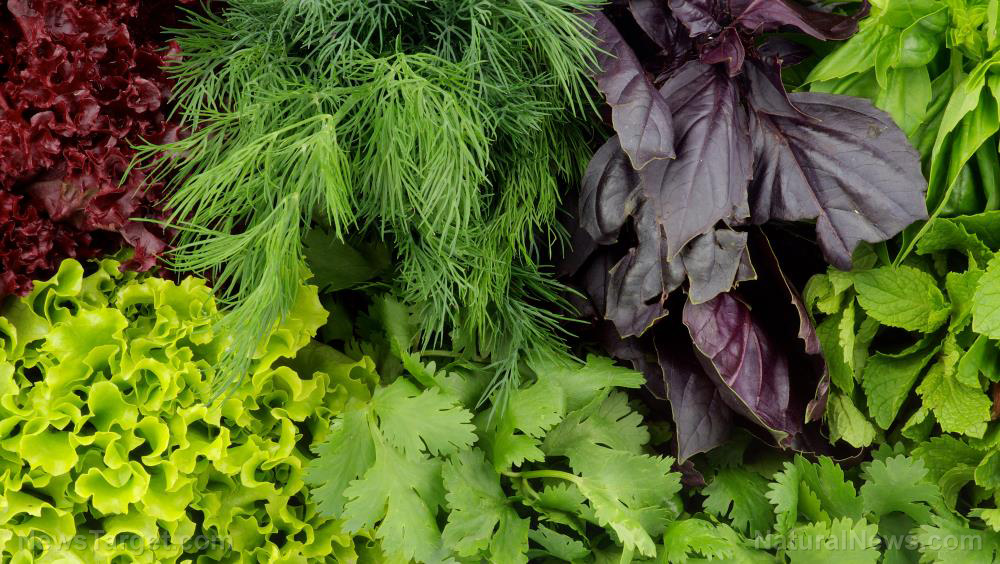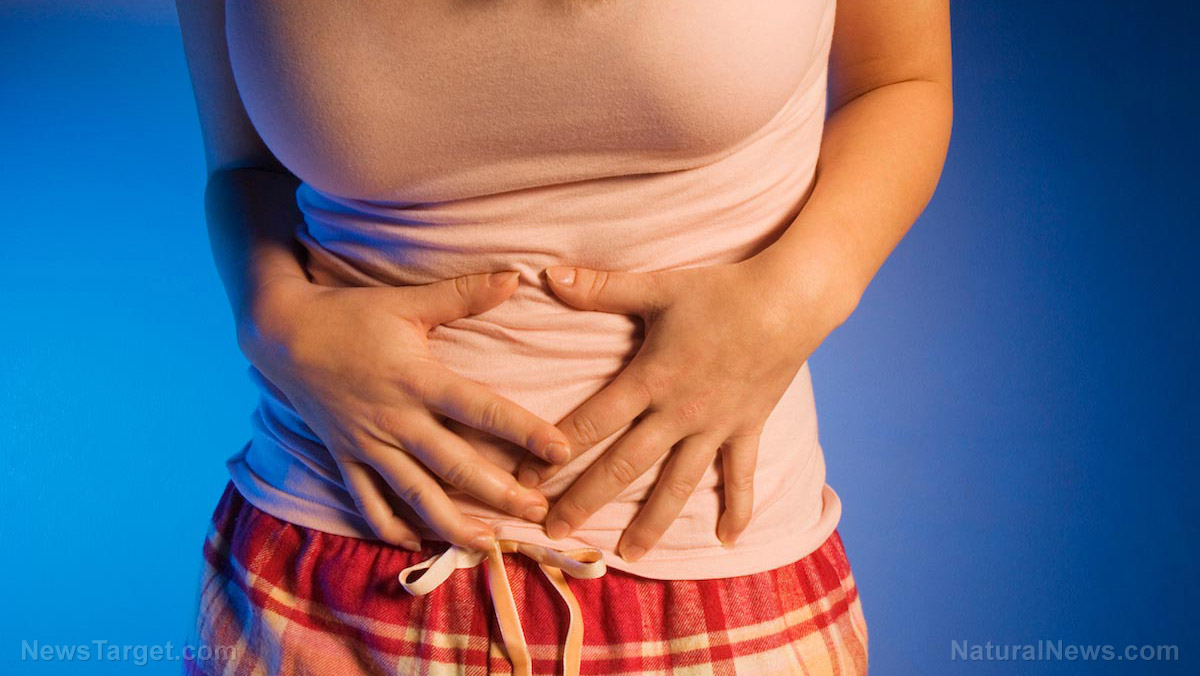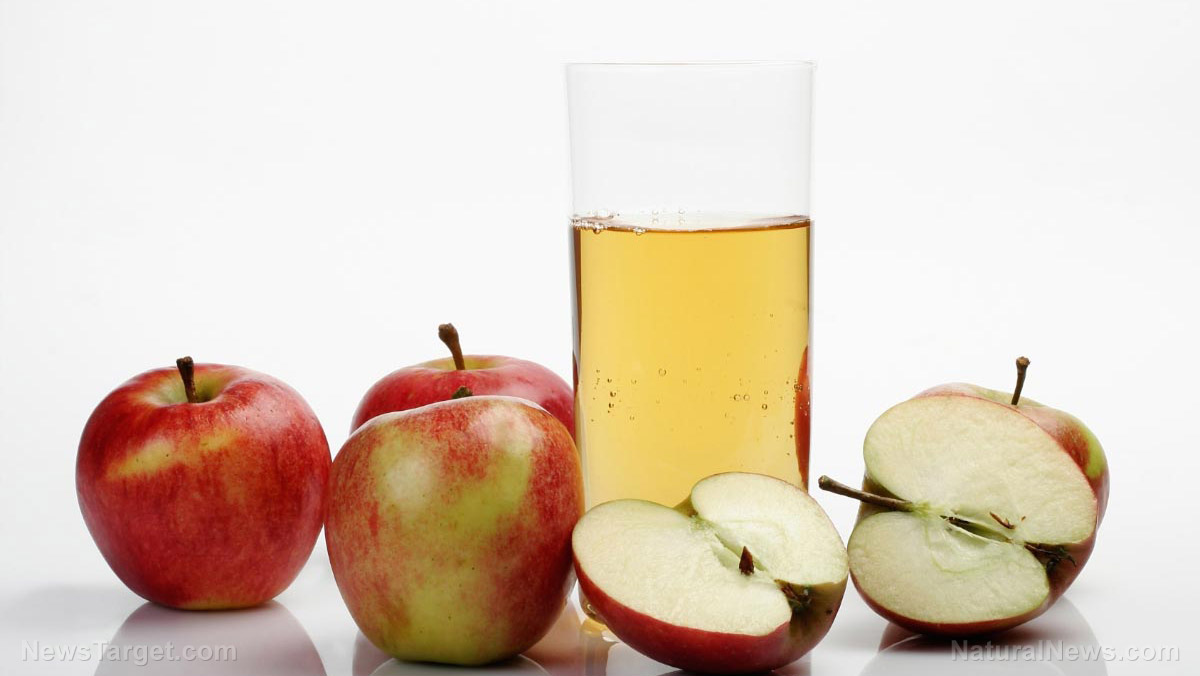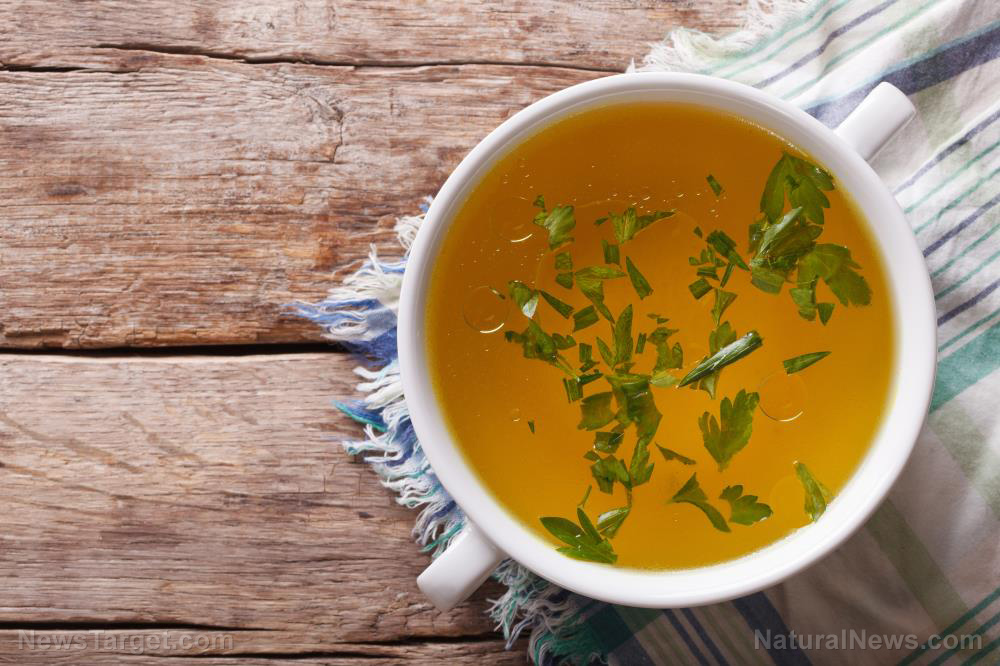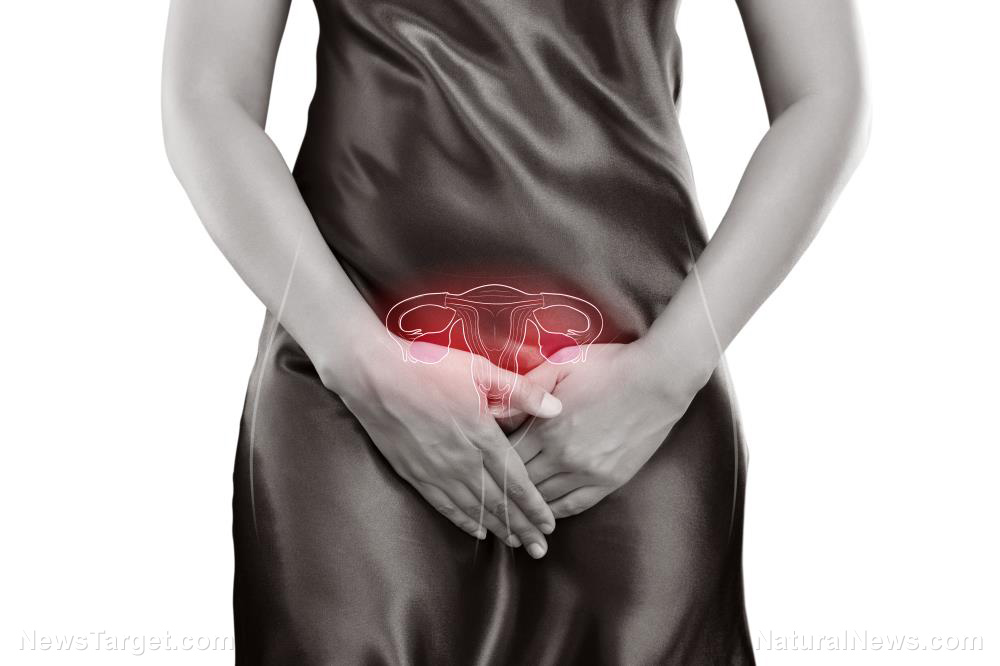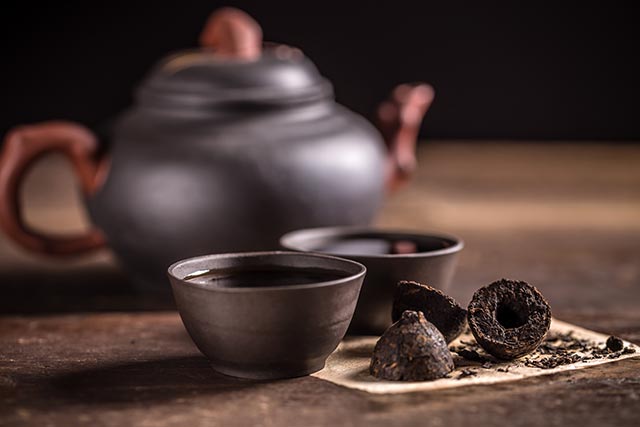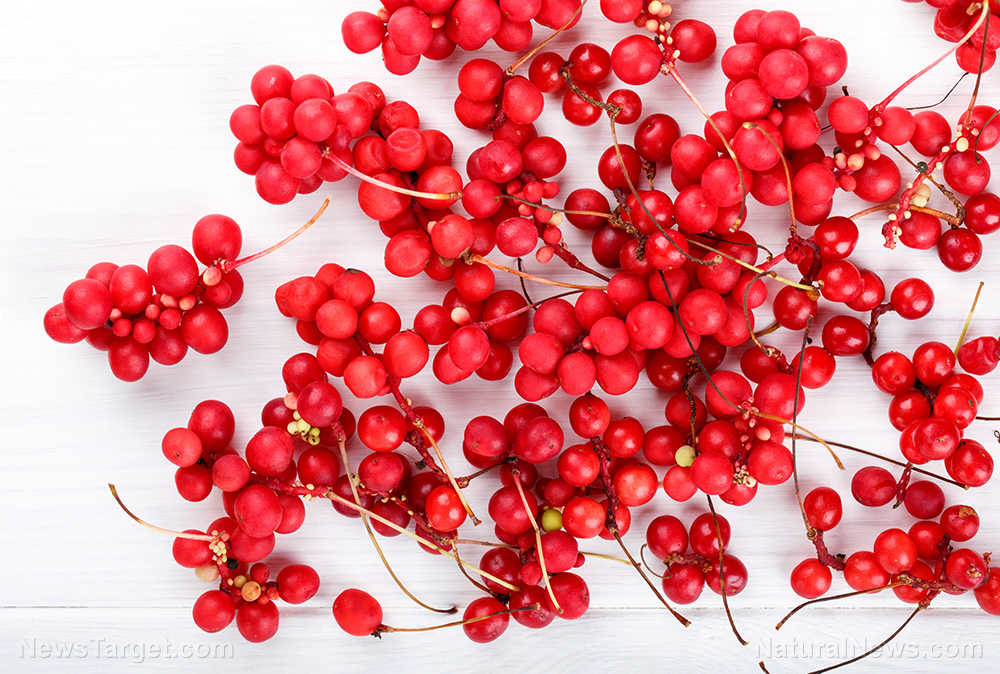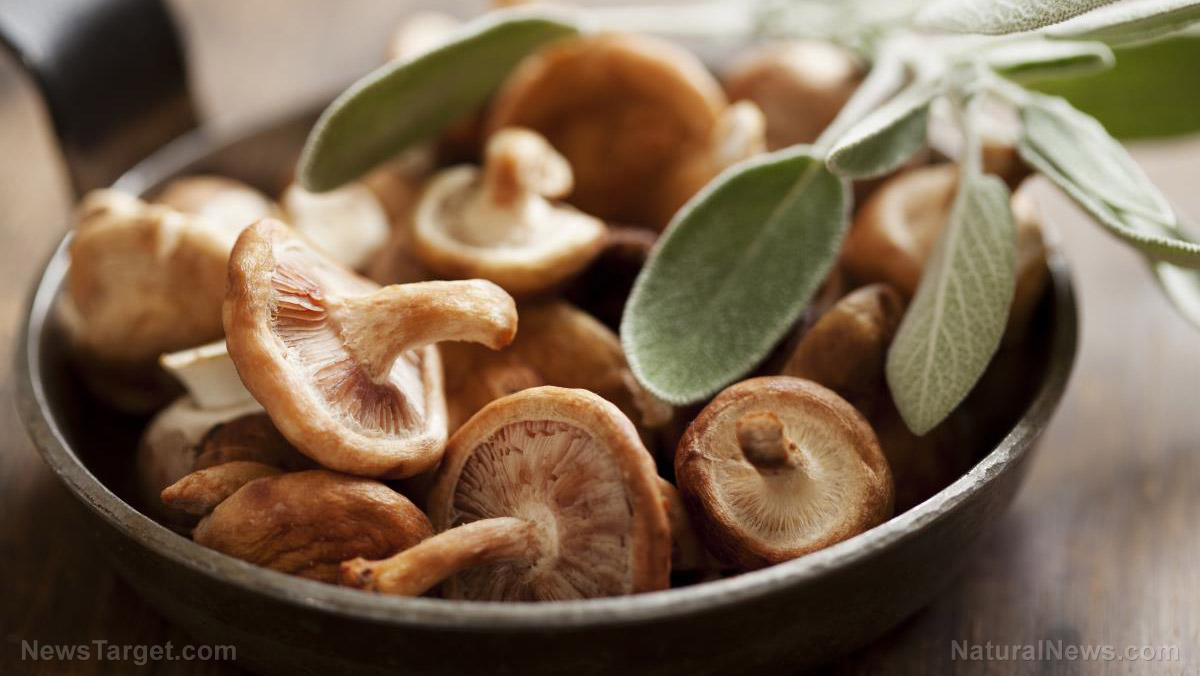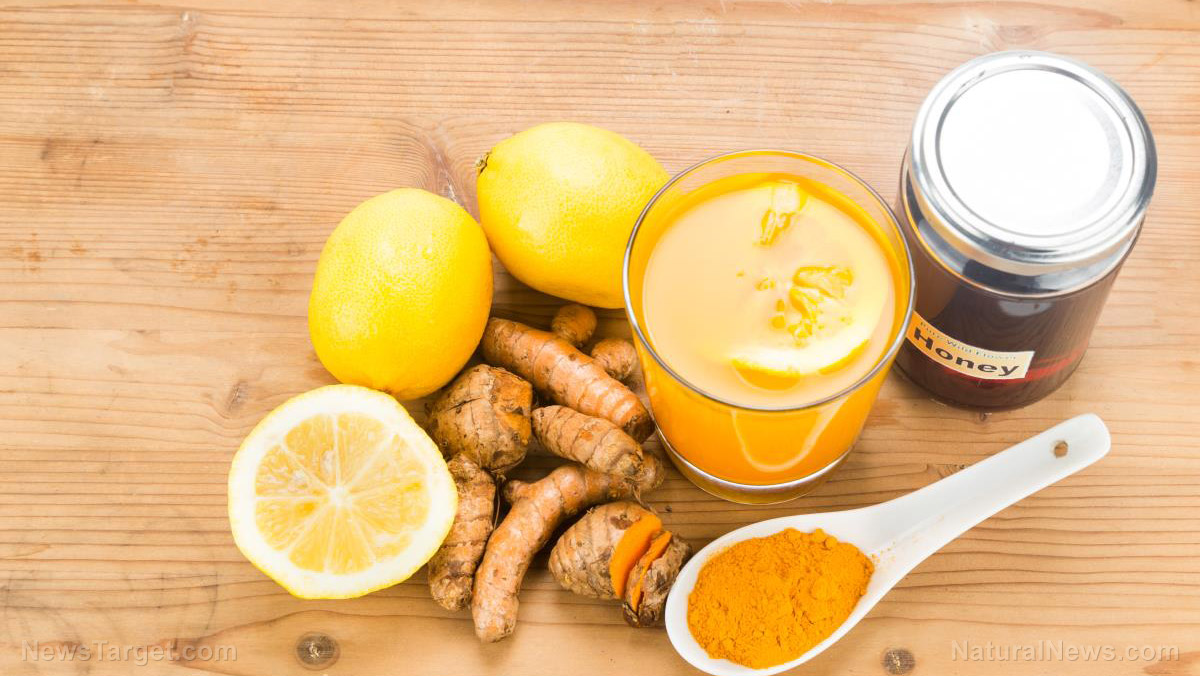Delicious medicine: Compounds in chocolate are good for your heart
04/24/2019 / By Evangelyn Rodriguez

Chocolates are some of the world’s best-loved sweets. They’re a comfort food for some and a guilty pleasure for others. But no matter how or why you choose to eat chocolates, you should know that they’re doing you more good than just making you feel happy or satisfying your cravings. According to a 2018 study published in The American Journal of Clinical Nutrition, eating chocolates every day keeps your heart healthy.
Chocolates are good for your arteries
The study involved 45 male volunteers who were divided into three different groups. Each group was assigned a capsule to take with their breakfast every day for one month. Two of the three capsules contained different amounts of the two most studied compounds found in chocolate: (-)-epicatechin and procyanidins. Both compounds are flavonols or flavan-3-ols, a class of flavonoids found in many fruits and vegetables, including cocoa. (-)-Epicatechin and procyanidins are known antioxidants.
(-)-Epicatechin lowers blood pressure and reduces stiffness in arteries
When researchers from the University of Dusseldorf in Germany examined the effects of the compounds, they found that (-)-epicatechin improved endothelial function in the volunteers. It also lowered their blood pressure and reduced arterial stiffness. These results aligned with those of previous studies, particularly one made in the Netherlands which reported that men who consumed large amounts of (-)-epicatechin had a 38 percent lower risk of dying from coronary heart disease than men who consumed less (-)-epicatechin.
In contrast, the volunteers who took capsules with less (-)-epicatechin and more procyanidins did not receive the same benefits. “This demonstrates that the impact of CF (cocoa flavonols) on vascular health is linked to (?)-epicatechin and not to CF procyanidins,” wrote the researchers. (Related: Chocolate lowers blood pressure and slashes risk of heart disease.)
Procyanidins lower blood cholesterol levels
Procyanidins are not without their health benefits. Although volunteers who took large amounts of procyanidins did not experience a decrease in blood pressure or arterial stiffness, they did enjoy a reduction in blood cholesterol levels. This demonstrated that procyanidins still support heart health, albeit in an indirect way. The impact of procyanidins may not be immediately felt, but it’s still massive in the long run.
The researchers also explained that the role of procyanidins may have to do with the effect size of flavonols – that is, they protect and preserve (-)-epicatechin and other flavonols from degradation during food processing and storage, and in the gastrointestinal tract during digestion. The researchers noted that this might explain the results of other studies, which used only pure (-)-epicatechin and reported no significant effects on cardiovascular function.
Other reasons to eat chocolate
Research shows that (-)-epicatechin can also decrease blood glucose levels in diabetic patients. (-)-Epicatechin increases insulin sensitivity and decreases insulin resistance, suggesting that eating (-)-epicatechin-rich foods like chocolate can help prevent the onset of Type 2 diabetes.
(-)-Epicatechin also has anticancer effects. Several studies reported that it can stop angiogenesis or the formation of new blood vessels, which is one of the ways cancer cells grow and spread to other parts of the body. High concentrations of (-)-epicatechin also prevent cancer cell proliferation in vitro.
Procyanidins, together with (-)-epicatechin and other flavonols, may have anti-inflammatory properties. One study found that these compounds can inhibit enzymes involved in inflammation and the formation of tumors. Procyanidins are also used in connection with health conditions such as chronic venous insufficiency, capillary fragility, diabetic retinopathy, sunburn, pancreatic insufficiency, and varicose veins. In terms of anticancer activity, procyanidins target components of intracellular signaling pathways important for regulating cell survival and death and mediating metastasis.
Sources include:
Tagged Under:


